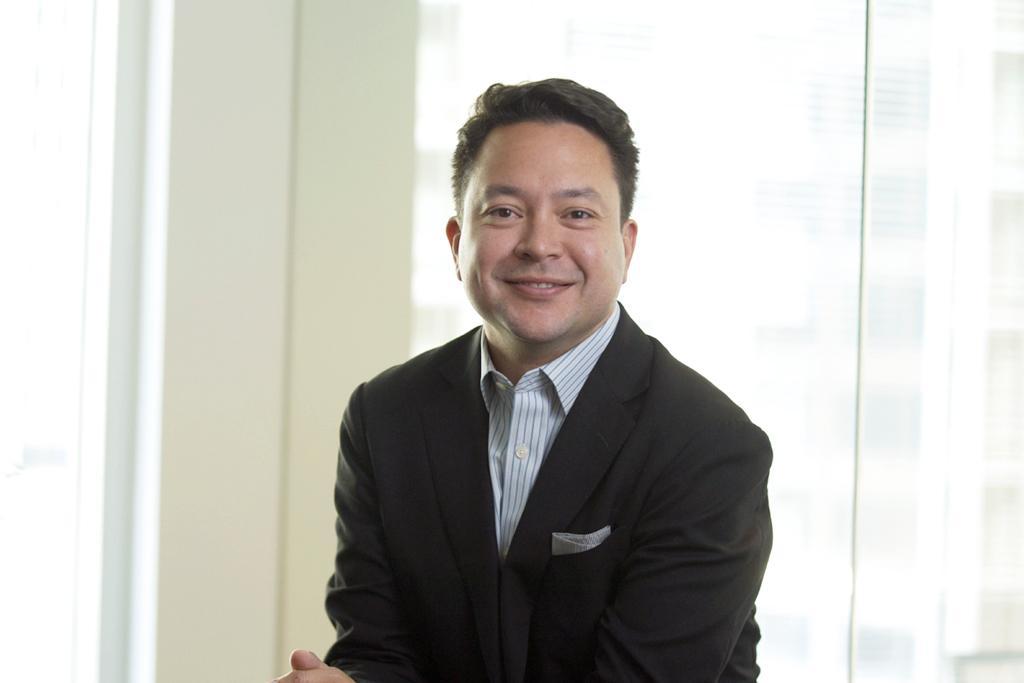
Aerion CFO and Executive Vice President of Strategy Matthew Mejia discussed the status of the company’s AS2 supersonic business jet with BCA Senior Editor Bill Carey.
Has the COVID-19 pandemic slowed down preparations for the AS2 preliminary design review in 2021, and when is that due to happen?
When COVID began I think we, just like everyone else, we're trying to manage what looked like a pretty heavy disruption in the marketplace, and we certainly saw that and took early steps to make sure that we could preserve the program. We preserved our entire team of about 150 souls and really advanced the overall design of the aircraft considerably. We think obviously with the onset of the vaccines, we’re hoping to get back to normal as soon as possible. We’re quite confident in the schedule getting us to first flight in 2025 and [the AS2] entering service at the end of 2027.
What is the status of the AS2 program industrial team, and specifically, can you describe the participation of Boeing and Spirit AeroSystems as we head into 2021?
Boeing became an investor and shareholder in the company back in February 2019. The amount has not been disclosed, but it was a significant contribution to our fundraising. Boeing received two board seats. And, actually, last year with one of their board member’s retirement from Boeing, we were really pleased to have Ed Neveril from Boeing take on the board responsibility. Boeing is a great partner. It continues to believe in the long-term strategic vision that we all came to together. In the case of Spirit, we’ve got a long history with some of the leadership. [Spirit President and CEO] Tom Gentile has been a fantastic partner for the program. Spirit actually increased its participation in the program. It has always been onboard for the design of the fuselage. We awarded Spirit the production of the fuselage up to 36 units a year, and it actually increased its investment in the program.
Can you say when Aerion and GE expect to finalize the configuration details for the GE Affinity turbofan engine?
Much like the other suppliers, we enjoy a great partnership with GE. Clearly there’s some very proprietary details here that we’re going to keep amongst ourselves as we advance toward production. This is an engine that has been built on proven core design. It’s going to enable incredibly efficient supersonic flight over water [and] very efficient subsonic flight over land, which is key to our whole business model. It will run on kerosene fuels, but it will be the first engine designed to run on 100% synthetic fuels. We think this is incredibly important to our customers, our investors and really the whole industry as we think about a more carbon-friendly footprint going forward. There’s definitely more to come. We’ll be thrilled to release more details when we’re a little farther along.
Aerion aims to build 300 AS2s in the first decade of production at roughly $100 million each. Is that for both commercial and military/government customers?
Our business plan, the plan that we have brought to our suppliers and to our investors, calls for building 300 AS2 business jets in the first decade of production, priced at $120 million [each]. We’ve had no pushback on price.
We think there’s a market for selling the business jet configuration to VIP customers, government customers, and that would include what we’ve seen in the marketplace with other business jets. In addition to that 300 over the first decade, we also believe there is very strong interest in a military hybrid version of the AS2. We’ve had dozens of conversations with various government and military customers. We’re in conversations with a number of stakeholders who could see using the aircraft similar to something like a supersonic Air Force One, for example, for VIP transport, but also a modified AS2 that could do a lot of other things. All of that market demand is in addition to the 300 commercial business jets.
Could you say what the current AS2 backlog is now in terms of either value or the number of aircraft that have been ordered?
Our total backlog is about $6.7 billion. It has grown as we continue to mature the program and announce things like the exciting development of Aerion Park, our new facility in Melbourne, Florida, for which we’re starting our groundbreaking now, as well as all of the supplier announcements. The momentum is really building. We’re targeting trying to build the order book as aggressively as we can. That $6.7 billion represents more than 50 aircraft that are in the backlog today.





